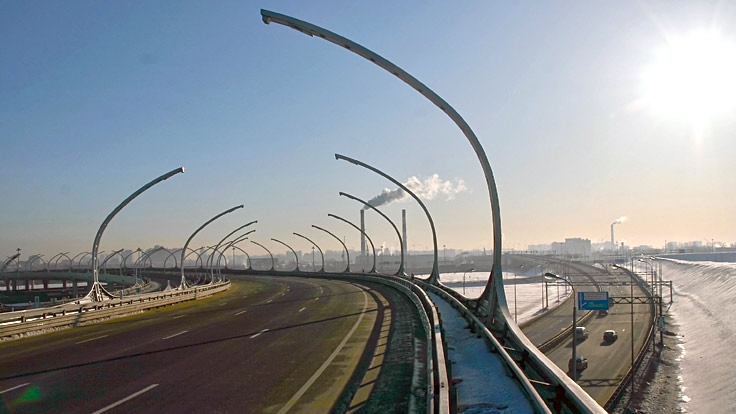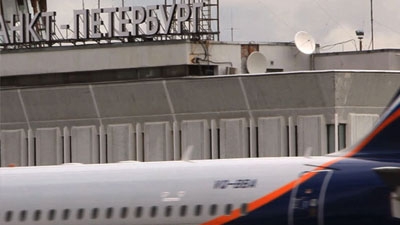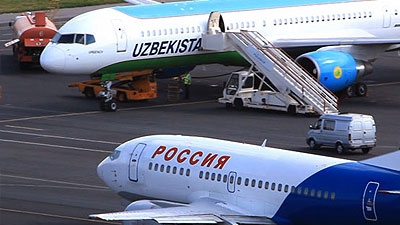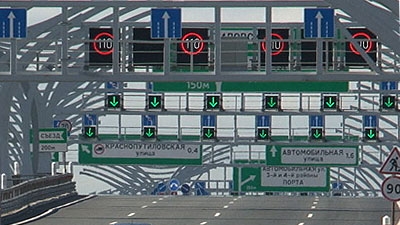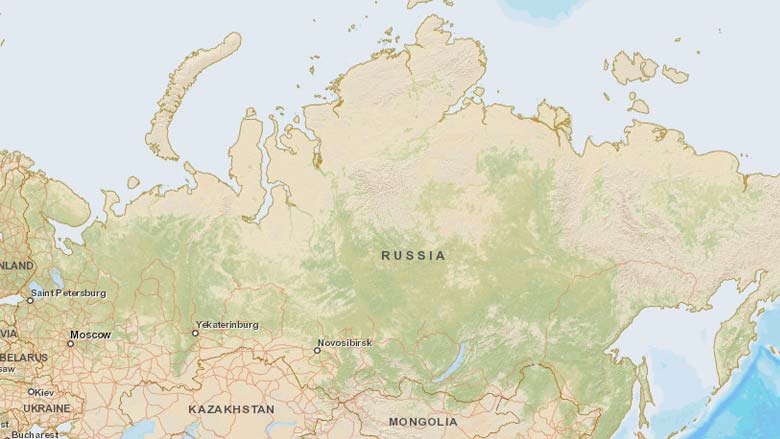Bank Contribution
The Bank contribution consisted of technical assistance to the city administration and project team on the Pulkovo Airport Expansion Project, which was provided on a fee-for-service basis. This project did not involve any funds from the Bank.
Partners
The International Finance Corporation (IFC) and the European Bank for Reconstruction and Development (EBRD) have jointly raised €370 million through direct financing and syndication. IFC committed a €70-million loan of its own funds to the project, while the EBRD pledged €100 million. The syndication resulted in a contribution of €200 million from a group of eight commercial banks. The IFC-EBRD funding is part of a long-term debt package of roughly €716 million put together by five international financial institutions and Russia’s Bank for Development and Foreign Economic Affairs (Vnesheconombank), to finance the project.
Moving Forward
The city administration strengthened its institutional capacity to prepare PPP projects and manage advisers. Since the completion of the venture, the city has been developing new projects and recruiting advisers, without need of additional Bank support. Among the new PPP projects under development are a solid waste processing plant in the village of Yanino and the rehabilitation of St. Petersburg’s Northern Water Pumping Station, involving the introduction of two-step technology for water purification.
Beneficiaries
“We realized we could not do without consultants, who would be more informed and have appropriate and useful expertise,” said Yuri Molchanov, St. Petersburg’s Deputy Governor. He added: “Together with the World Bank experts and one of the leading international law firms, we adopted our own law, and now St. Petersburg’s law on public private partnership is in full compliance with international best practices.”
